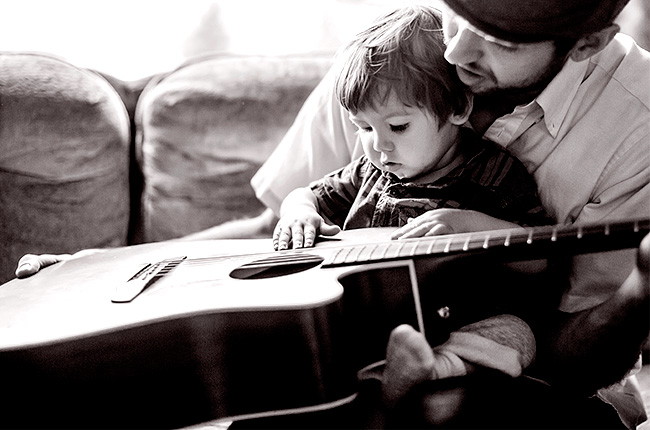 By Joel Batson – Tōtara Teacher
By Joel Batson – Tōtara Teacher
Recently I have been reflecting upon my previous life experiences with music: singing with my family, listening to Mum sing and play folk songs on the guitar and flute, nursery rhymes, spiritual songs and my early experiences with instruments such as the piano, the guitar and drums.
I consider just how important those experiences were for my formation as an adult; being able to function and be ready to process the environment around me and make choices that have effects upon others. And I consider I have been blessed. You may ask what these things have in common with each other?
I am coming to see more and more, through experience and my own research (see anything by Lorna Lutz Heyge and Montessorian Audrey Sillick), just how much early music experiences have to do with the formation of the child as an individual and how (even in those pre-natal months) these encounters with the world of music help to prepare the individual for learning.
Experiences such as the early singing or chanting (possibly of folk songs or nursery rhymes) of the mother, father and/or other significant adults from when the child is in the womb up until the age of three or so, have such a tremendous effect on communicating with the child such things as human connection, a sense of belonging, integration into the family environment and even the transfer of culture from adult to child.
Singing with and to, playing rhythm games, and making up inane rhymes and joyful tunes – these all help prepare the child for learning and receiving what the world has to offer them, and indeed, what they have to offer the world.
So, should I be getting a specialist to do this with my child? Possibly, if you’re wanting your 3-year-old to be NZSO material only! Realistically my answer is no – you are the best person to give these early experiences to your child. You, the significant adult, are best able to communicate the joy of life to your own child.
If we all did this a little more with our children, rather than being scared of stuffing it up or singing out of tune (because that actually doesn’t matter for real, heart music), I can’t help but imagine what a different place we’d help create.
I realise I have focused a lot here on talking about the early years. You may be saying “Well, it’s too late for that!” In some senses, once the child gets past certain sensitive periods in life, the full potency of those periods can never be fully recovered.
But I sincerely believe it is never too late to begin doing music with your child. Any such activity can only help to increase both your child’s and your own sense of joy in life.
